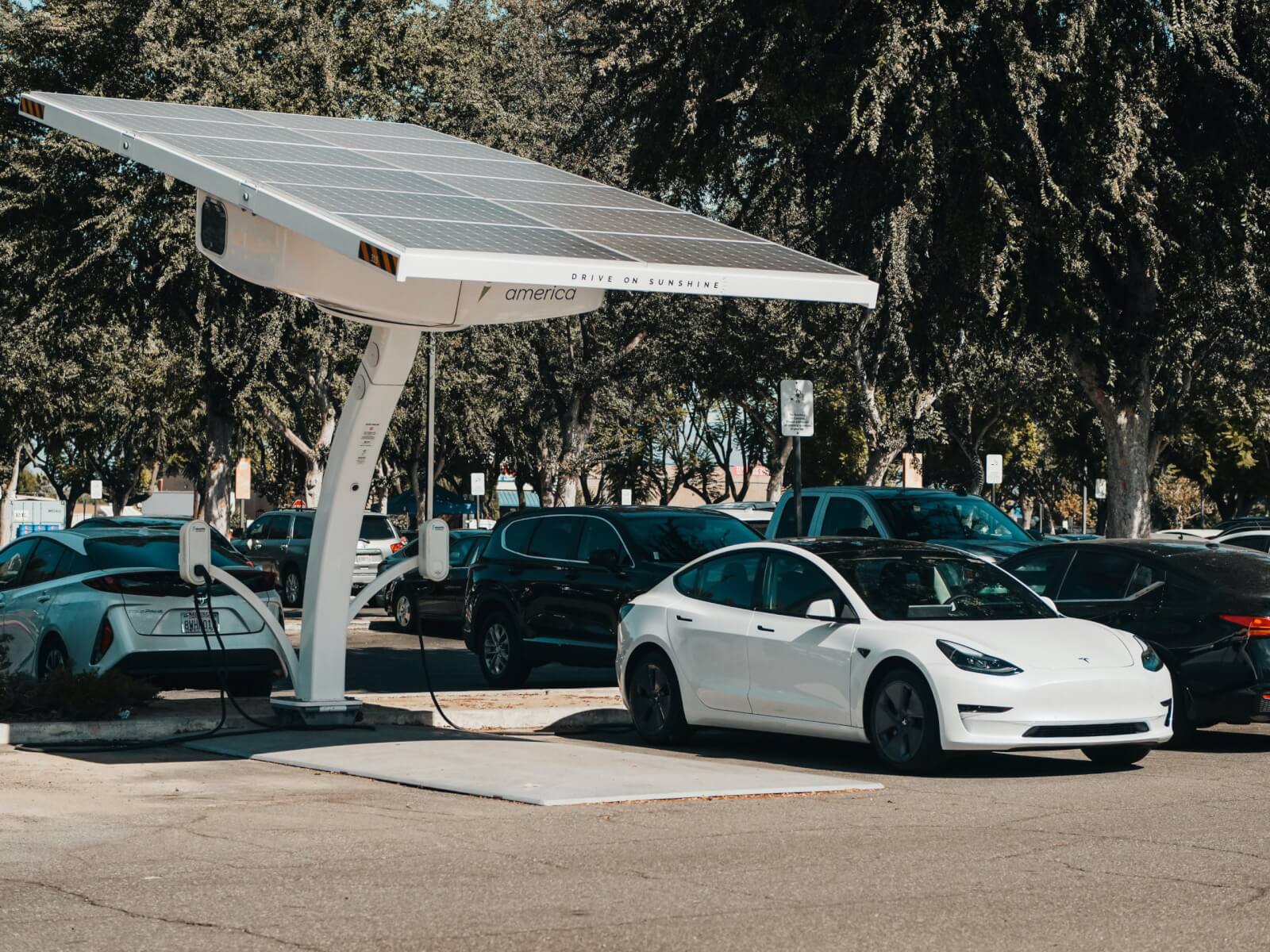Some years ago, sustainability and innovation were not really considered in the same sentence – many technological innovations have had, and still have, a negative impact on the environment.
More recently however, with a climate crisis in tow as well, it has become widely agreed that sustainable innovation will change the world and that it is decisive for improving the environment we live in.
That is why there is a growing need to develop technologies that are sustainable.
In 2021, we have seen a number of events that highlighted this need at an international level. The topic of sustainability was a dominant one at COP26 (Conference of the Parties), where, for almost three decades, the UN brought together most of the countries in the world for global climate summits.
During this time, climate change went from being just a fringe issue to a global priority.
What is sustainable technology?
This is basically an umbrella term that covers all technologies that reduce environmental and ecological risks and deliver products that are sustainable.
A few examples of sustainable technology are LED lights, solar power, self-sufficient construction methods and even public transport.
There’s plenty of other examples out there in almost every industry available and the list is ever-evolving, with new innovations on the rise every year.
The question of eco-friendly labels
But how can you know if a product is truly sustainable? The term itself, as well as others such as “ecological”, “eco-friendly” or “carbon positive” is not really “regulated”.
What this means is that brands can use this term freely to describe their merchandise. So buying goods that are eco-friendly does involve a certain degree of research. However, there are new startups and companies that are now emerging online, with the aim of helping consumers decide which goods are eco-friendly to purchase.
One good example is a platform called Glami, that works like a Google for people who are looking for sustainable fashion products online.
Sustainability in retail
Amazon is one of the most used platforms for the purchase of goods of all kinds, and one of the most criticized ones out there, too; the company launched its Climate Pledge Friendly program in 2020 in Italy, France, Germany, Spain and the United Kingdom, to make it easier for its customers to discover and purchase the most sustainable products for sale on the platform.
Swedish multinational Ikea has also joined in the recycling/upcycling efforts. The company has created a voucher that will allow its customers to use it on future purchases by having their used furniture assessed online in advance.
On the other hand, House of Marley for example has been focused from the very start on creating sustainable headphones and earbuds – and these are just a few of the businesses who are currently making efforts to reduce their carbon footprint.
What about mobile phones?
The mobile phone argument has been going on for a while, from people arguing that there is truly no need for mobile devices to be launched almost every month, to others fighting for the Right To Repair against giants like Apple.
Mobile phones contribute to a lot of electronic waste but more and more people have chosen to stick to their older mobile phones and some fix the devices themselves instead of purchasing a new one.
Plenty of articles and blog posts have started to pop up online with ideas on how to upcycle old mobile phones as well.
If you were wondering what to do with those phones that you stuck in a drawer somewhere a few years ago, there are a lot of uses for an old phone still. You can repurpose an old smartphone and turn it into a to remotes, a trackpad or and even a weather station, just to name a few projects.
Big names in the mobile industry are also trying to do less damage to the planet by creating accessories that are more eco-friendly. Samsung, for example, has joined forces with Kvadrat, a Danish brand that has received an Ecolabel certification, to create phone and smartwatch cases for the company, which are made from recycled plastic.
More sustainable transportation
The automotive industry was one of the first to focus on sustainability: after all, its effect on our planet has been more than visible for decades.
We now have an ever-increasing number of electric cars present on our streets. Furthermore, countries like the United Kingdom have already pledged to rise the number of electric cars in its towns and cities to up to 90% or more, by 2030.
There are also multiple car-sharing apps as well and electric scooters and bikes have slowly become a common sight on the streets of larger cities.
Of course, the shift towards sustainable technology has to be championed by people who consume the goods that affect the planet and the good news is that a lot of us are becoming increasingly more aware of the damage that has been done.
When people choose to turn to sustainable technology, companies notice and the decision of the regular user will have a domino effect throughout all industries.
We can already see it happen in many sectors and, if we stick to our decisions of using eco-friendly technologies, we might actually be able to play a part in hopefully preserving and even saving our lovely little planet.
*Article initally published in 2022 and continually updated with more resources.
Follow TechTheLead on Google News to get the news first.

















